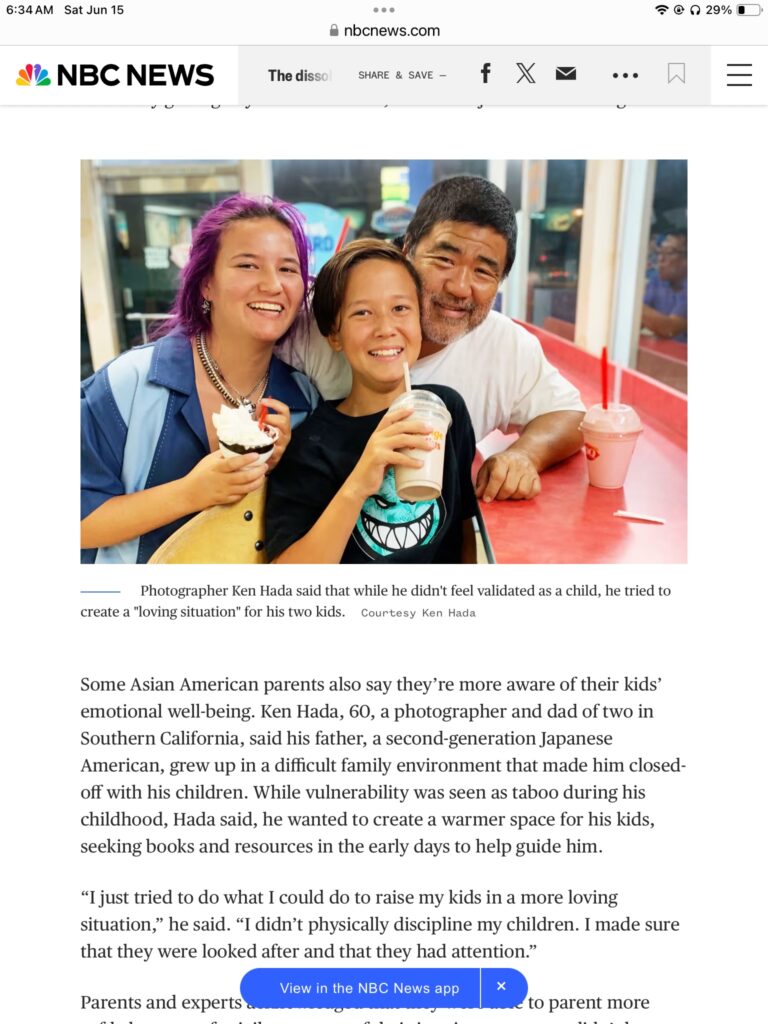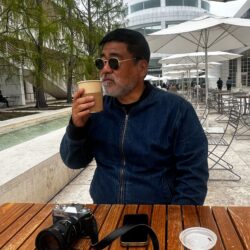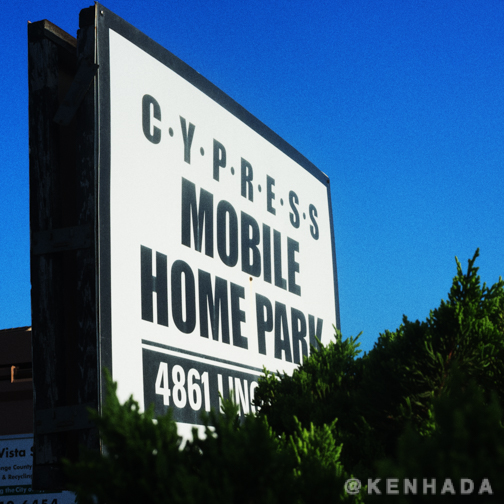
Ken Hada NBC article. I’m Ken Hada, a 60-year-old photographer and father of two in Southern California. In a recent article by NBC, I highlighted my approach to parenting and focused on creating a warm and loving environment for my children.
“tiger parenting”
My father, a second-generation Japanese American, had a tough upbringing that made him more closed-off as a parent. Wanting to break this cycle, I prioritized emotional connection and openness with my kids. Despite the cultural norms that viewed vulnerability as taboo during my father’s time, I actively sought out resources and books to guide me toward a more nurturing parenting style.
Creating a loving atmosphere for my children has always been my goal. I made a conscious decision not to resort to physical discipline and ensured that my kids received the care and attention they needed. I aimed to provide them with a supportive and affectionate upbringing, different from what my father experienced.
My efforts reflect a shift towards more emotionally aware and involved parenting practices among Asian American parents. This story underscores the importance of breaking generational patterns and embracing a more empathetic and emotionally supportive approach to parenting.
In summary, my dad’s reaction to his father’s discipline style was to have a hands-off approach with me. And since I was a child I didn’t understand his reasoning for this. So with my kids I did what I had to do to make them feel seen.
Hopefully, all parents do the best they can with what they have.
The NBC article was written by Kimmy Yam and you can read it here


